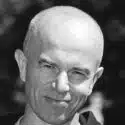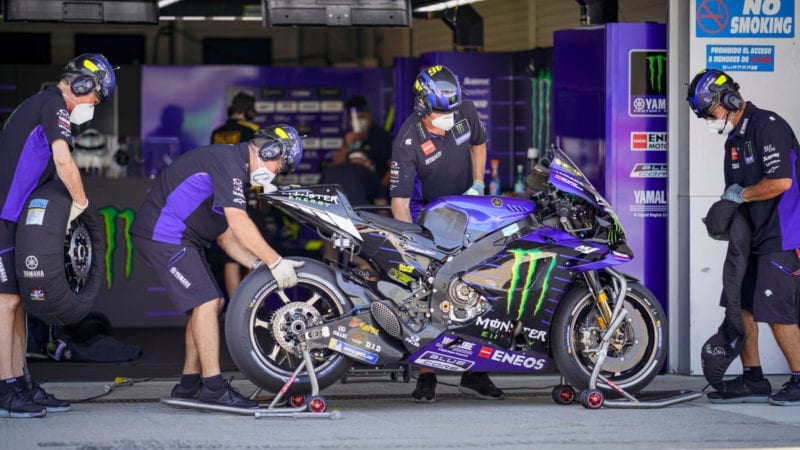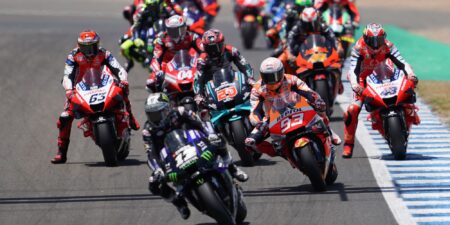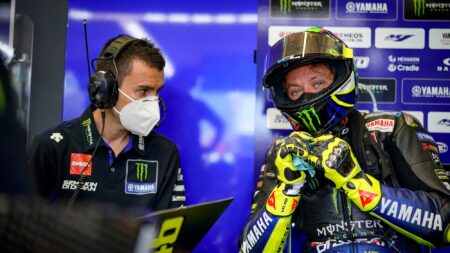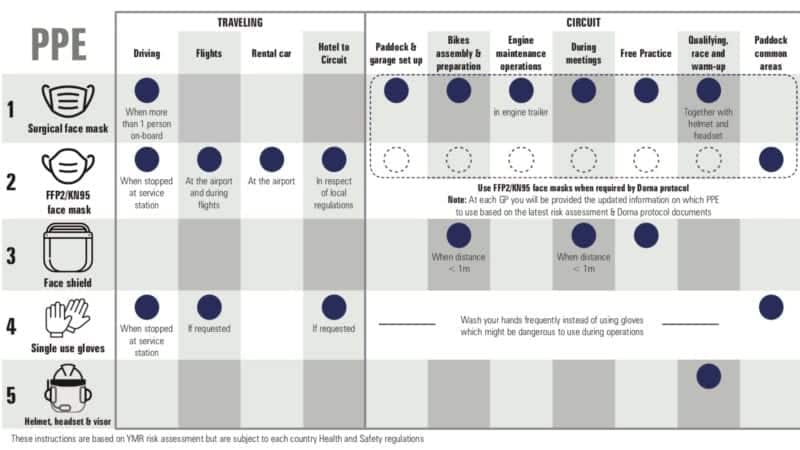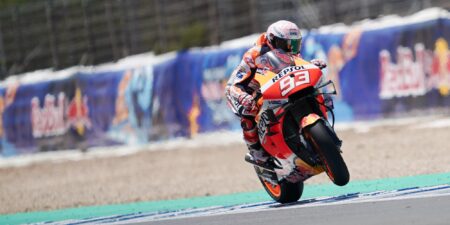“On the day of my flight [from Gold Coast airport to Sydney, Sydney to Dubai, Dubai to Europe] I’d still heard nothing. So Ellen [Mrs Briggs] and I drove to Gold Coast airport – we’d got the permit we needed to cross the Queensland border – and we thought the airline could contact border security to see if my travel permit was good to go. But they didn’t know, so we drove home. When I got home I changed my flights. Flights are very limited at the moment, so the best we could come up with was four days later. So I made the change, checked my email to see if the flight details had come through and there was the email from the government to say it was okay to leave the country!”
Briggs flew from home to Sydney last Tuesday, where the airport was deserted. Instead of the usual 200 flights per day the airport is handling only four or five, because the government is limiting incoming passengers to 450 per day, with a maximum of 50 people on each flight.
“When I got to Sydney airport it was just empty – I found the whole thing very Day of the Triffids [a 1960s disaster movie in which carnivorous plants take over Earth, killing millions and leading to social disintegration]. It felt like something had happened to everyone else in the world and the only people left were these people wearing masks. I was a little nervous, because it didn’t feel quite right.
“I got on the plane, wiped down my seat, the TV and everything, like Naomi Campbell, and flew to Dubai. I’d already had my Covid test, which was negative, so I was thinking, what if I get it on the plane? After 24 hours of flying I went to Madrid for another test, in case my first test had expired because of the flight delay. I got to Jerez the day after the Wednesday tests.
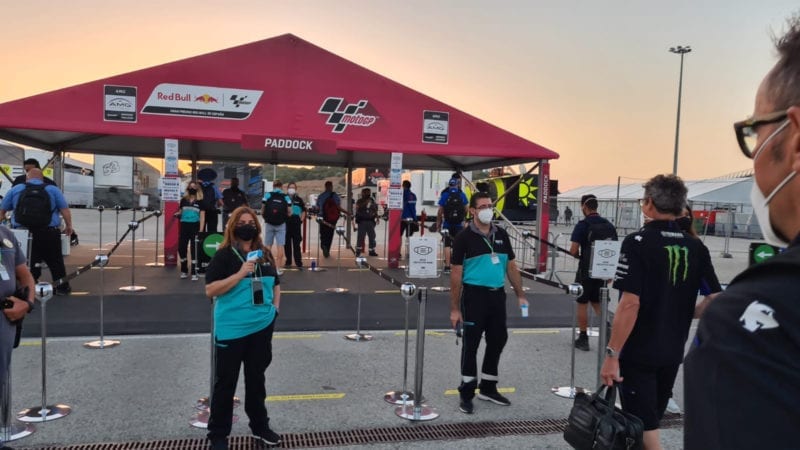
Entering the Jerez paddock: where temperatures and COVID apps are checked
Briggs
“At the track your phone is your most important possession because it’s got the Covid app on there. You have to have your phone with you to enter the circuit and to exit the circuit. No one even looks at your pass, they look at your phone.
“Driving to the circuit in the car we’re all wearing masks, then you get to the entrance where everyone’s wearing masks and everyone’s got their phones in their hands and you’re not supposed to socialise with anyone from other teams. Someone tests your temperature, you show your app, they beep the QR code, a guy squirts hand gel on your hands and you’re in. To exit the circuit you need to show the app again.
“Once you’re in the paddock and working it feels like you’re going preseason testing because the place isn’t that busy. You’re wearing masks the whole day and after 12 or 13 hours the backs of your ears are burning and it feels like the bridge of your nose is broken, so we’ve made little adaptors to make them a bit more comfortable. It’s a relief to take them off.
“The masks make communication in the garage a bit tricky. We’re using more hand signals, because the radio channel is busy, because everyone’s on it. And even the radio is slightly muffled because everyone is talking through their masks.
